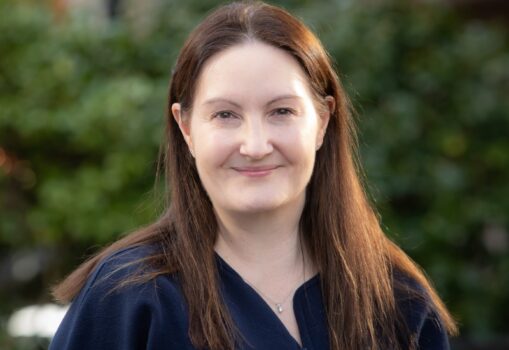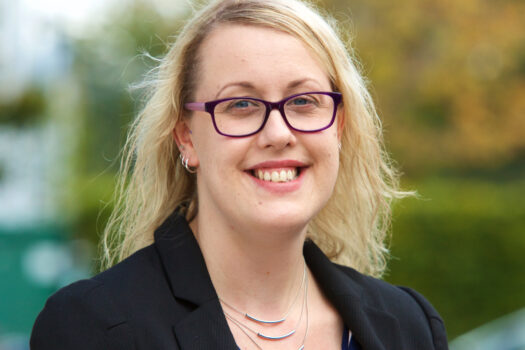At Trethowans, we understand that a relationship breakdown can be an emotionally challenging time. We know that everyone’s circumstances are unique, which is why our divorce solicitors provide tailored support and a variety of approaches to help you move forward without unnecessary conflict or uncertainty.
We can assist with both the practical and legal issues that arise during separation or divorce, ensuring your rights are protected and guiding you every step of the way. Our experienced team can help you agree on arrangements for your children and advise on financial matters, giving you the clarity and confidence you need to start the next chapter of your life.
Understanding your options for separation or divorce
Legal separation or divorce?
The decision to separate or divorce is a personal one and depends on your unique situation. While both options address the practicalities of a relationship breakdown, there are key differences:
- Legal separation: This allows couples to live separately without legally ending their marriage or civil partnership. It can be suitable for those who have religious or personal reasons for not divorcing, or for couples married for less than a year. However, financial arrangements cannot be made legally binding, which may leave you financially vulnerable. While legal separation frees you from the obligations of marriage, you will technically remain married and therefore, you cannot remarry.
- Divorce: Divorce legally ends a marriage or civil partnership, allowing for financial settlements to be formalised through a Consent Order. Divorce proceedings also provide an opportunity to establish a clean break, ensuring no future financial claims can be made.
No-fault divorce
Since April 2022, UK divorce law changed significantly, meaning ‘no fault’ divorce is the only option for couples who wish to divorce. This means that divorce proceedings can now be made solely or jointly without assigning blame to either party for the breakdown of the relationship. Instead, you must confirm to the court that your marriage has irretrievably broken down.
Annulment
Unlike divorce, annulment declares a marriage null and void. This can apply if the marriage was legally invalid or defective. We can advise on children and financial arrangements if you’re considering this option.
Why choose Trethowans for separation and divorce matters?
- Compassionate and expert guidance: Our family law solicitors are approachable and down-to-earth, offering practical advice that’s tailored to your individual needs. Recognised in both the Legal 500 and Chambers and Partners, we’re trusted experts in handling everything from straightforward cases to complex disputes.
- Free consultation: We offer a free initial consultation to help you understand your options and answer your questions. This is an opportunity to discuss concerns around childcare, finances, and the legal process in a supportive and professional setting.
- Transparent pricing: With fixed-fee arrangements for both sole and joint divorce proceedings, you can have peace of mind knowing there are no hidden costs. From start to finish, you’ll receive quality legal support with complete transparency.
- Resolution members: Our solicitors are members of Resolution, adhering to a strict code of practice to ensure your case is handled with dignity and in a constructive manner.
- Dispute resolution expertise: Our team includes trained mediators and collaborative solicitors, as well as specialists in the innovative One Couple One Lawyer Divorce service. Whatever your circumstances, we’ll work with you to find the most suitable and amicable way forward.
Contact us today for your free initial consultation
To find out how we can help manage the issues involving the breakdown of your marriage, get in touch with our family law team here or call 0800 2800 421.
Related Services
- Adoption and Special Guardianship Orders Solicitors
- Child Access Solicitors
- Child Maintenance
- Child Relocation Solicitors
- Collaborative Family Law
- Declaration of Trust Solicitor
- Dissolving a Civil Partnership
- Domestic Abuse Solicitors
- Family Mediation
- Fertility and Surrogacy Solicitors
- Divorce Financial Settlements
- One Couple, One Lawyer Divorce
- High Net Worth Divorce Solicitors
- Prenuptial Agreements
- Property Disputes between Unmarried Couples (TOLATA)
































